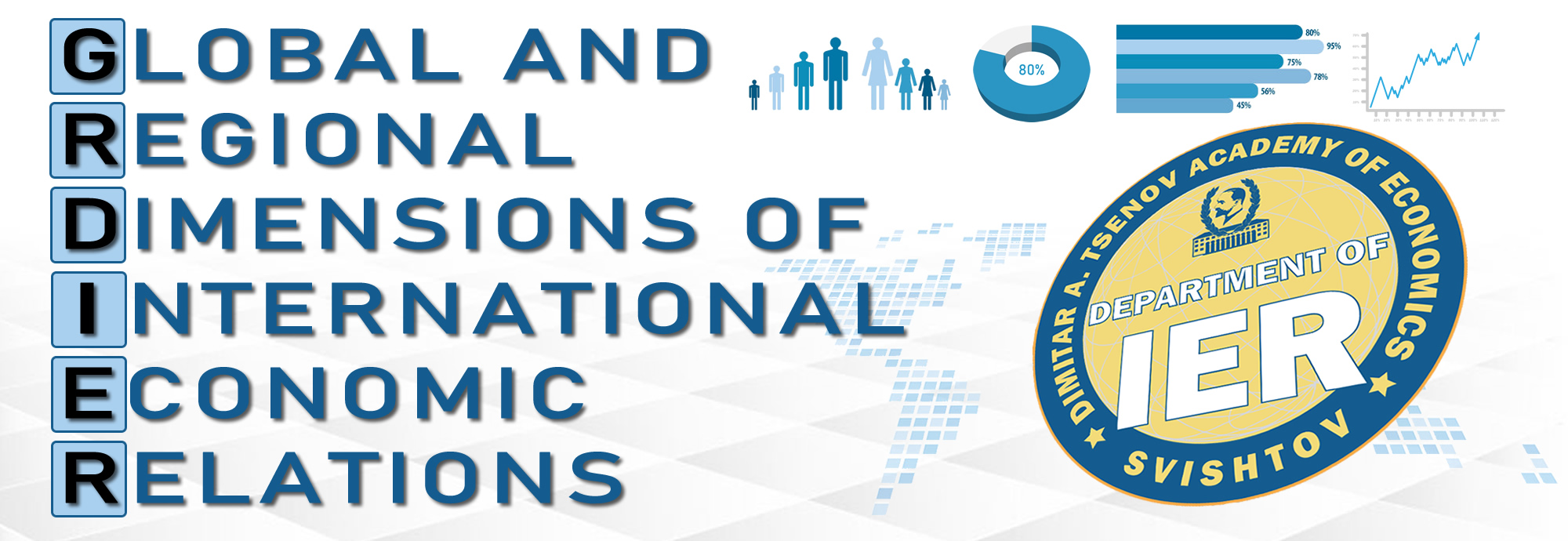ORGANIZATION CONFLICT MANAGEMENT IN AN INTERNATIONAL FIRM
Authors
Keywords
organizational conflict, management, conflict situation, international company, personnel
Summary
Conflicts are often viewed as a negative phenomenon, with a negative effect on achieving goals and objectives, which also determines the extreme importance of its rapid resolution and elimination. However, conflicts should also be considered as an element that has not only destructive consequences, but also a constructive beginning. A conflict in a given company can escalate and lead to unproductive results or be resolved, leading to qualitative consequences. Therefore, the management of organizational conflicts should be a basic process for every international company. Whether the destructive side of the conflict will manifest itself first or its constructive characteristic later, everything depends on how it is managed. If managed effectively, conflict can help to learn new, better ways of solving problems; to build more effective and longer-lasting relationships between the parties, as well as to increase the ability for self-assessment and mutual understanding.
The main goal of the paper is to present the management of organizational conflicts in an international company based on an analysis of literary sources, paying particular attention to the stages of organizational conflicts and proving the necessity and effectiveness of their management.
Pages: 15
DOI: https://doi.org/10.58861/tae.grdier.2025.09



